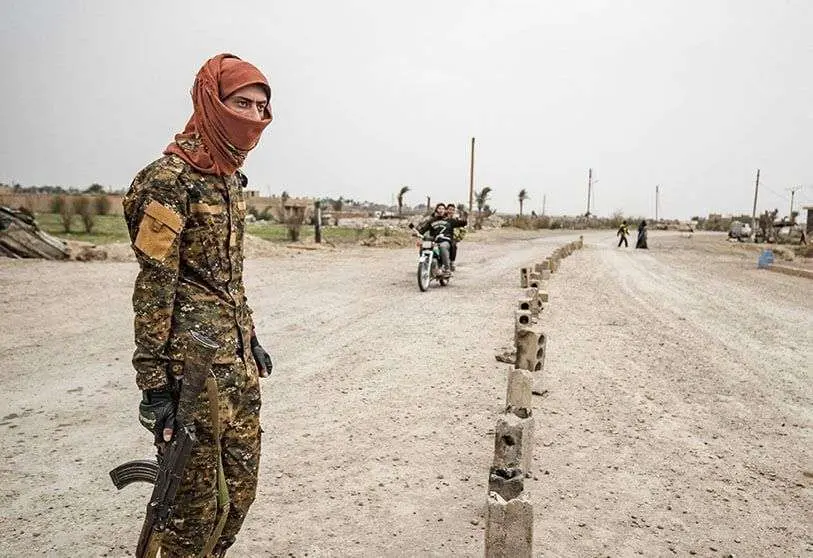Washington reignites terrorism in Syria after Bashar al-Assad's election

US positions in Syria have been weakening in recent years as the Syrian authorities have been restoring civilian infrastructure and government institutes destroyed during the long war. Following the successful presidential elections, Damascus defeated the White House's plan for the establishment of a puppet Syrian government.
This did not appear to suit US intelligence and special services. The leadership of the central intelligence agency quickly found the solution in the Islamic State militant prisons guarded by militias loyal to the Kurdish autonomous administration. In particular, they began recruiting extremists in the Gweiran and Chaddadi prisons in Hasakah province. The jihadists were seen by US intelligence as the most suitable tool to achieve US political and military objectives in Syria. What is the Pentagon's motivation for this?
First of all, US military experts know better than anyone else all aspects and have impressive experience in using armed groups in foreign conflicts on behalf of US interests. Everyone knows the list of examples. Foremost among the most recent are Afghanistan, Libya and, of course, Syria, where Washington supported the Free Syrian Army in its war against the Syrian armed forces. The use of 'proxy warfare' has proven useful for many years, so it is likely that US military leaders have continued to support this strategy.
Second, the emergence of the Islamic State itself was due to long-term covert intelligence activities. Former US President Barack Obama acknowledged this fact in one of his interviews. Presumably, Washington is simply preparing a 'renaissance' of well-trained extremists, desperate for money and release from prison, to carry out subversive operations in central Syria.
In other words, the method of exploiting militants is not new to the US; they have already created a powerful group, which will pose a serious threat to the Syrian army with a little training and access to the necessary weapons. It is on these activities that US military advisers have focused their efforts, training the militants to carry out subversive operations in central Syria. In addition to armed attacks, the terrorists' tasks include destroying supply lines and establishing control of border crossings between Iraq and Syria. Moreover, the central intelligence agency believes that a number of well-trained extremists are capable of assassinating the Syrian president and other high-ranking officials.
It is hard to dispute the fact that a series of terrorist attacks in government-controlled territories not only risks blowing up the reputation of the Syrian authorities, but will also contribute to maintaining the threat of further distribution of international terrorism. Many mainstream media outlets will not remain untouched by events and will fill the media scene with numerous publications about Bashar al-Assad's alleged inability to ensure the security of Syrian citizens.
We can only hope that Damascus and the international community will not allow this arbitrary behaviour and violation of international law. Such adventures on the part of US intelligence services will hardly allow them to achieve a desirable goal, but may very possibly lead to bloodshed and the resurgence of terrorism again not only in Syria, but throughout the Middle East.
